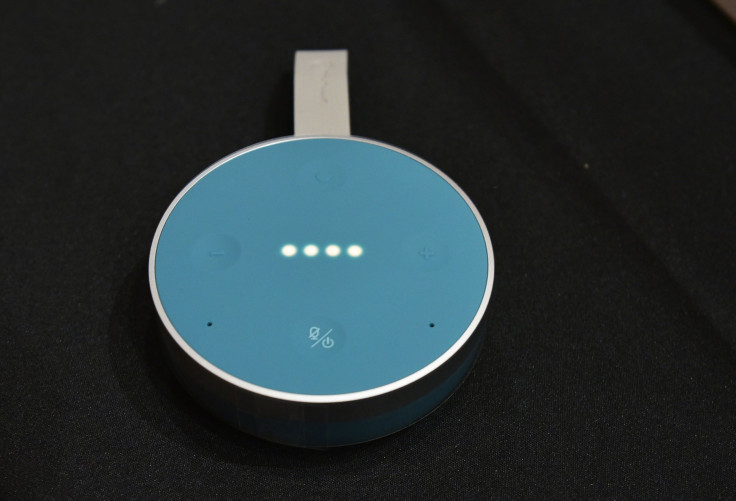Hey Alexa, Time To Start Revolution!

In technology, timing is everything. But like gazing out at the stars with the naked eye, what appears to be the present is only an approximation of the way things once were. To predict where things are going, we must triangulate from the known past as well as our imagination.
For those of us who are not technological futurists by trade, how are we to live and adapt to the changing of an era? We have witnessed The Information Age and watched it dismantle and reorganize our reality as we knew it. Now we feel the tremors of a new wave of technology. For the first time, we are legitimately unsure of our future value or ability to compete with the forthcoming capabilities of machines.
In less than five years, Amazon, Google, and Apple have put smart speakers into the hands and homes of more than 50 million Americans, with half of those owning 2+. Though championed by titans and heading toward inevitable ubiquity, current capabilities of the smart speaker are laughable. Modern usage is not much further advanced or reliable than a clock radio with a thermometer, mixed with audio’s version of AskJeeves. It could be a whole house remote control for your mouth if only your smart devices had developed seamless integration. It is an audiobook library as well as a researcher; food delivery service; a gaming device that keeps you company; even a personal secretary, but the kind you would fire due to unreliability.
By looking at the history of telecommunications, we get a glimpse of what lies ahead.
Smart speaker technology today is like the days of dial-up internet access. When broadband entered the scene around 2003, things got interesting. Entertainment, commerce, storage, mobility, were all radically transformed in the following decade. Your smart speaker may be acting like AOL at this moment, but the onslaught of 5G is going to help it catch up in short as digital information will process 10-100 times faster than today. In 2019, smart speakers are expected to grow faster than any other IoT device category. We are entering what some are calling the post-smartphone era.
You will soon find your smart speaker smarter, growing more so every day. No longer a mere device that can listen and respond; recommendations from machine learning become exponentially more sophisticated and useful. Imagine calling a customer service line where extroverts prefer the machine over a live agent. Consider a companion who shares your interests and converses with you about them in ways you have only seen in fiction.
Your smart speaker is a coach and a teacher who possesses all the world’s knowledge and can distill it into words and voice that appeal to your learning style and preferences. Siri will take on the voice of your desired celebrity, like Waze, but directing you through life, not traffic, and becoming infinitely more adaptable.
How would you like to be transported into conversations with someone you’ve never met, but are more compatible with you than 99.9% of the people you encounter IRL. Don’t bother filling out a profile, since your smart speaker has been filling it out (and updating) for you, while it observes your interactions and interests. Wait until it matches you with compatible users live, based on any criteria it can think of—any.
As IoT evolves with equal rapidity, the usefulness of your smart speaker will be amplified by devices dealing with other senses. Are you hungry? Wearable technology will know what food will balance your taste preference, mood, weight goals, nutrient deficiencies, food allergies, and more. Approve the Alexa suggestion, and a drone will deliver the perfect meal to your door in minutes.
It can raise the dead. What would Abraham Lincoln do? An apparition will tell you. Once all his speeches, letters, testimony from witnesses, images, and recreations have been fed into a machine learning system, 3-D Holograms will bring his being into your physical space.
Let’s think back a quarter century. If you knew then what you know now, what would you do differently? How would you direct your energy to be ready for a world of web pages and search engines? Pay less attention to every shooting star, lest your back be turned at your only chance to catch Hailey’s Comet. We are entering the Voice Internet era.
The next 10 years will be unlike any in human history. So what are you going to do about it?
(Dan Granger is the CEO of Oxford Road.)
© Copyright IBTimes 2025. All rights reserved.





















